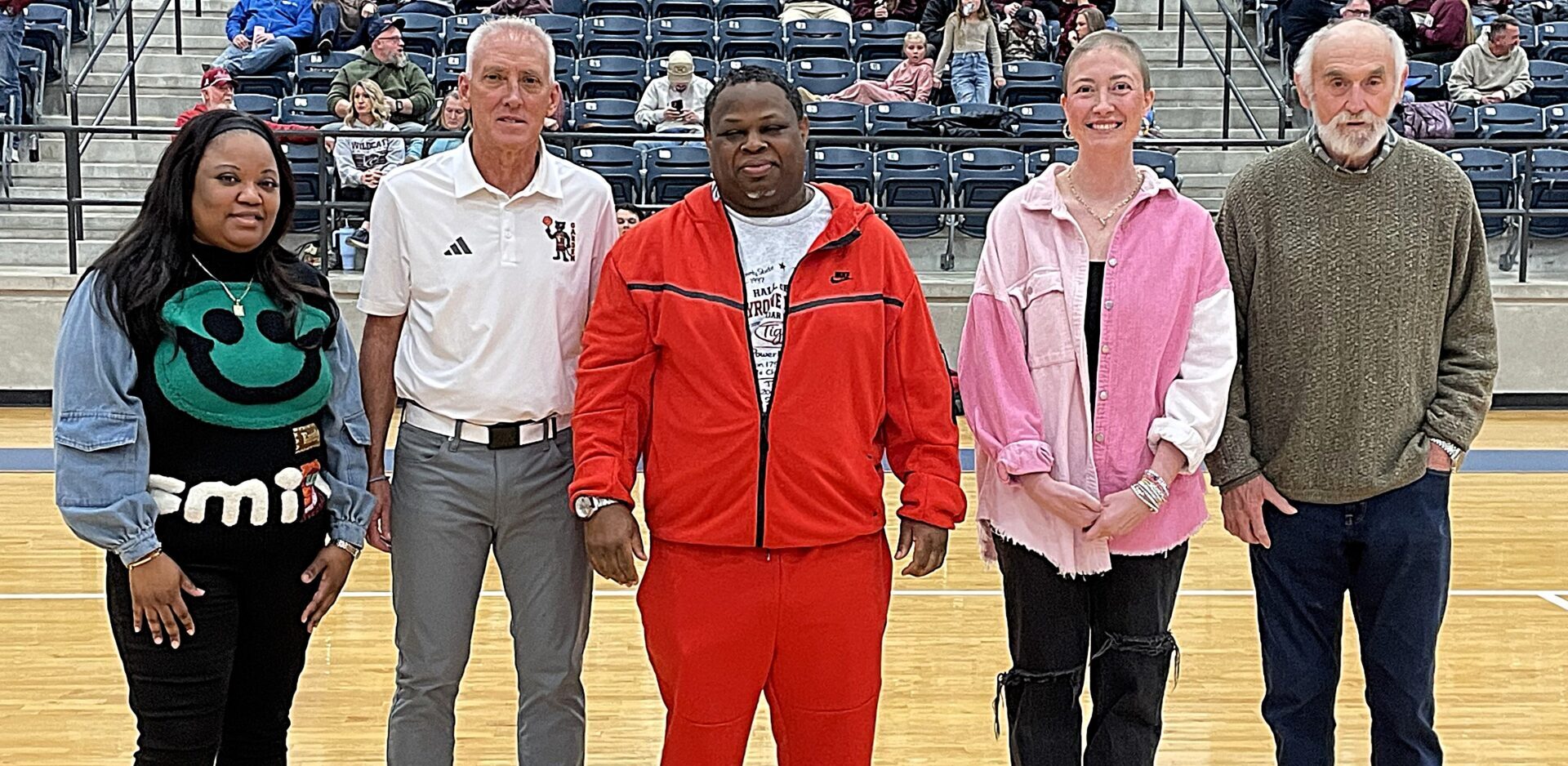
(GAZA) — Some children in Gaza are going to sleep thinking they may die amid the ongoing fighting in the Israel-Hamas war, according to an official with the U.N. organization focused on delivering aid to children.
“You lie in bed and the building shakes and you feel like you’re lying in a coffin,” UNICEF spokesperson James Elder, speaking from Gaza’s southernmost city of Rafah, told ABC News on March 27. “You don’t know what’s going to happen, if you’re going to get hit.”
More than five months into the war, Elder said a cease-fire and getting more aid into Gaza is critical, “A cease-fire means a child will go to bed with knowledge that they will wake up.”
International organizations have said it has been challenging getting aid into Gaza, something Elder said he is frustrated by, describing how parents are standing over their “desperately emaciated” children, while there is a crossing 10 to 15 minutes away.
He said Israel has a legal responsibility to allow more aid into Gaza and that many other aid agencies agree Israel’s restrictions mean a fraction of the supplies needed are reaching Gaza.
Israel, with the support of Egypt, has restricted the movement of goods and people in and out of Gaza since the terrorist group Hamas came to power in 2007.
Those restrictions tightened following Hamas’ surprise terrorist attack on Israel on Oct. 7, 2023, killing at least 1,200 people in Israel, according to Israeli officials.
More than 32,000 Palestinians have been killed and more than 72,000 others have been injured in Gaza since then, amid Israel’s ongoing ground operations and aerial bombardment of Gaza, according to the Hamas-run Gaza Health Ministry.
The United Nations Relief and Works Agency for Palestine Refugees in the Near East (UNRWA) has previously said Israel doesn’t provide enough authorization to deliver sufficient aid and, even when it does give authorization, the fighting makes it difficult to deliver that aid.
Israeli officials have claimed Hamas steals aid once it enters Gaza and said looting is also a problem. Israel continues to deny all accusations that it isn’t letting enough aid into Gaza and encourages other countries to send in aid, with Israeli officials saying the U.N., its partners and other aid agencies have created logistical challenges, resulting in a bottleneck. Hamas disputes the claims that it steals aid and the U.N. disputes the claims that it is responsible for the bottleneck.
n a recent report, the Integrated Food Security Phase Classification (IPC) initiative said famine is “imminent” in northern Gaza. On Friday, Israel’s Civil Department of the Coordination of Government Activities in the Territories (COGAT) dismissed the report, saying it paints an “inaccurate” image of famine in the Gaza Strip and said Israel does not place any limit on the amount of humanitarian aid that can enter the Gaza Strip.
Elder said people on the streets approach him explaining how they need water and medicine. He added that he believes because of the trauma of this war, every child will now require some kind of mental health support.
“You talk to adolescent girls and some of them say, ‘I want to die. I want this to be over,’ and it’s not an out-of-the-ordinary comment anymore,” Elder said.
Save the Children President and CEO Janti Soeripto is also sounding the alarm on the mental health crisis children in Gaza are facing.
“One of the women I spoke to today told me, and that’s something I’ve never heard before in another crisis, she said, ‘We need more mental health support than we need food,”’ Soeripto told ABC News.
“So that tells you something about the needs here and the absolute utter desperation and utter inadequacy of humanitarian assistance that’s making its way to vulnerable people,” she added.
Soeripto said there is a long list of diseases and complications arising from the dire conditions under which children in Gaza are living, including hepatitis, diarrhea, rashes and wounds that are not healing properly.
“We see a lot of health problems that can spiral out of control if you don’t treat them,” said Soeripto, “And of course, we have this massive wave of children that ultimately will need special treatment for malnutrition.”
Earlier this week, the U.N. Security Council voted to adopt a resolution demanding an immediate cease-fire for the remaining days of Ramadan, the holy month observed by Muslims, and the immediate unconditional release of hostages being held by Hamas. The Council voted in favor 14-0 with the U.S. abstaining. Israel does have a vote on the Council.
Israeli Prime Minister Benjamin Netanyahu canceled his delegation’s visit to the White House to discuss Rafah after the vote. However, Netanyahu agreed to reschedule his delegation’s visit, a U.S. official told ABC News on Wednesday.
Netanyahu and Israel have continued to defend themselves against criticism of the invasion of Gaza and the conflicts over aid. In a case brought before the International Court of Justice (ICJ) in December 2023, South Africa alleged Israel has committed and is committing genocide against Palestinians in Gaza. In its order in January 2024, the Court ordered Israel to take measures to prevent acts of genocide in Gaza but did not grant South Africa’s request to order Israel to suspend military operations in Gaza.
Earlier this month, South Africa filed an urgent request with the Court for additional provisional measures against Israel including a cease-fire, citing starvation in Gaza. Israel urged the Court to reject South Africa’s request for more emergency orders.
“South Africa has failed yet again in its cynical attempts to exploit the ICJ in order to undermine Israel’s inherent right and obligation to defend its citizens from the ongoing Hamas attacks and to secure the release of hostages still held in Gaza in brutal captivity,” Lior Haiat, spokesperson of the Israeli Ministry of Foreign Affairs, said in a statement on Thursday.
ABC News’ Mary Kekatos contributed to this report.
Copyright © 2024, ABC Audio. All rights reserved.




